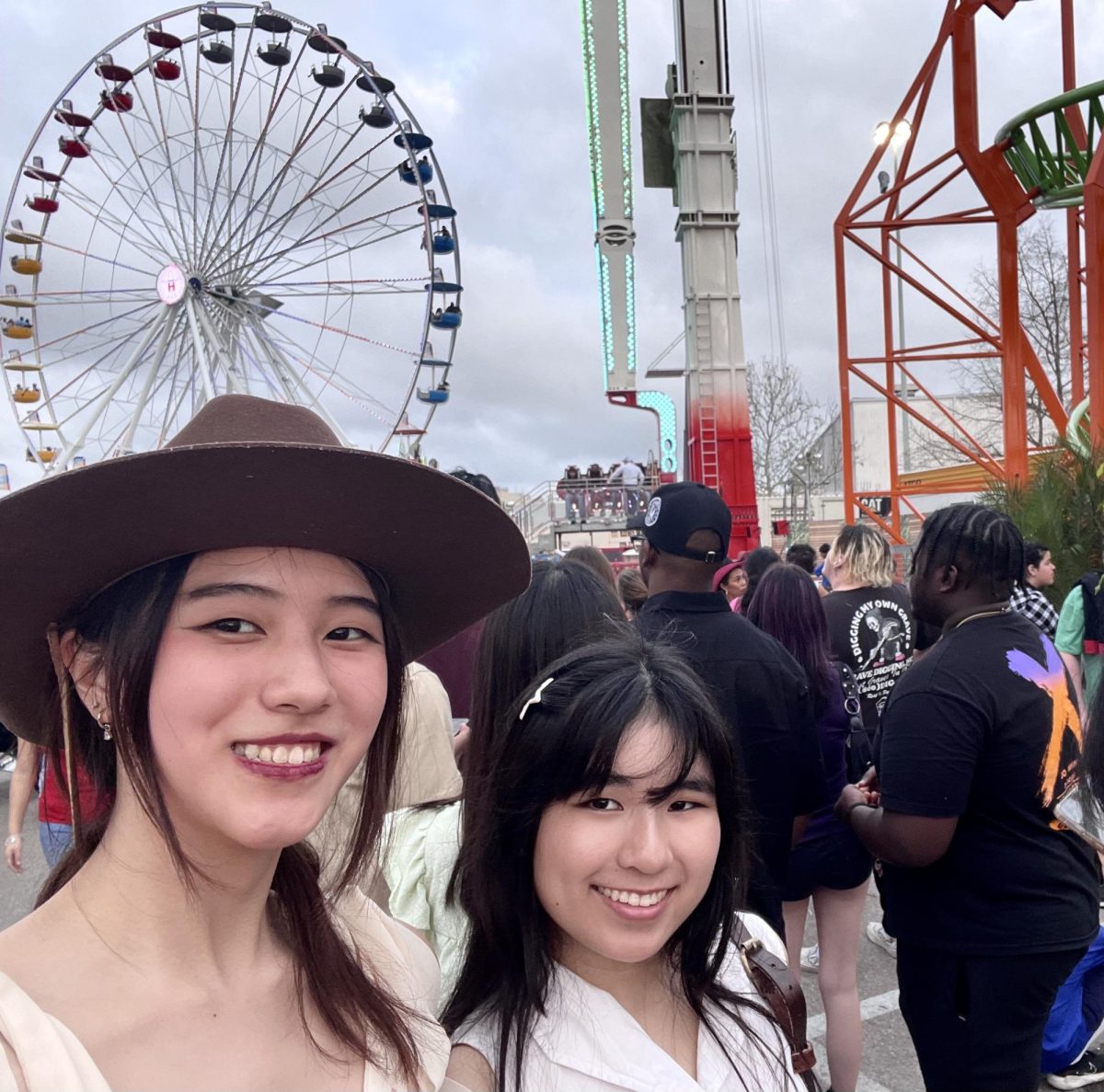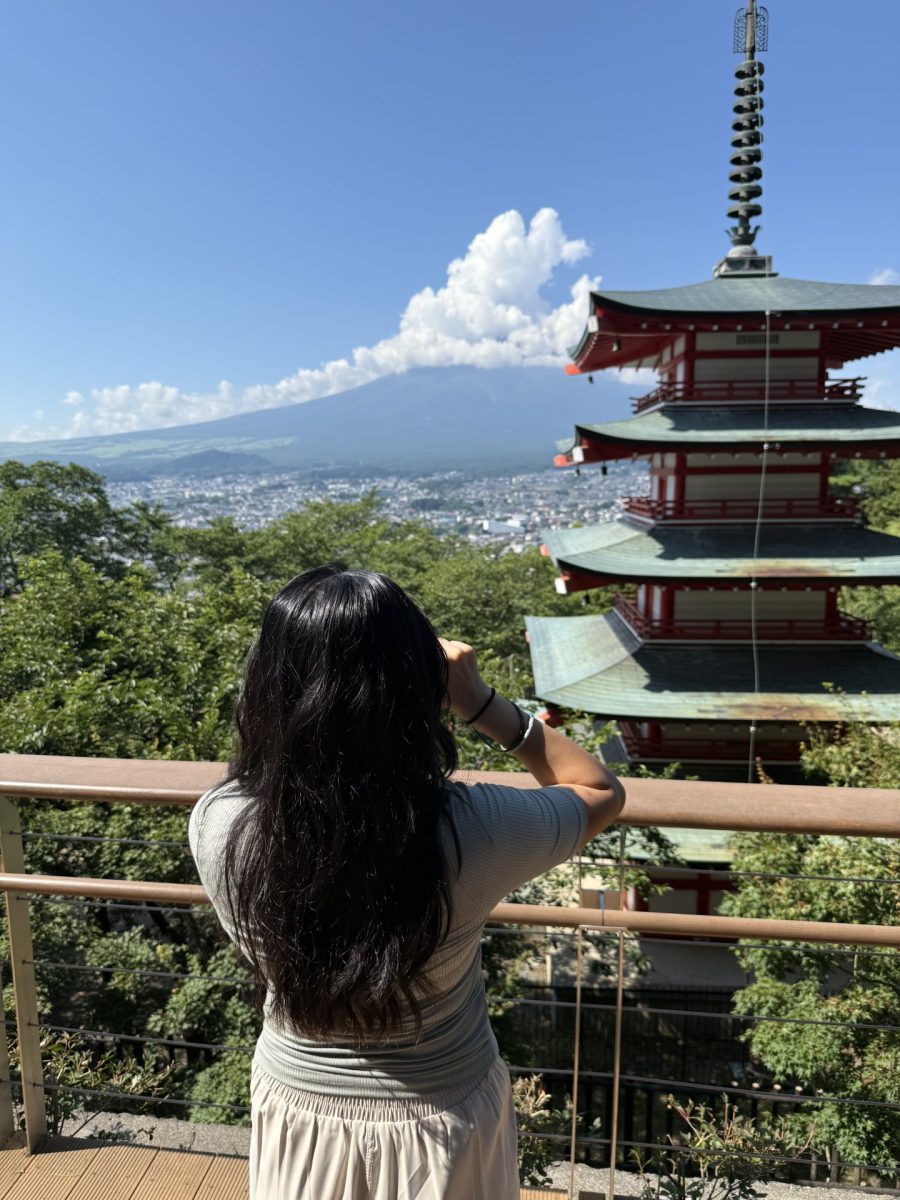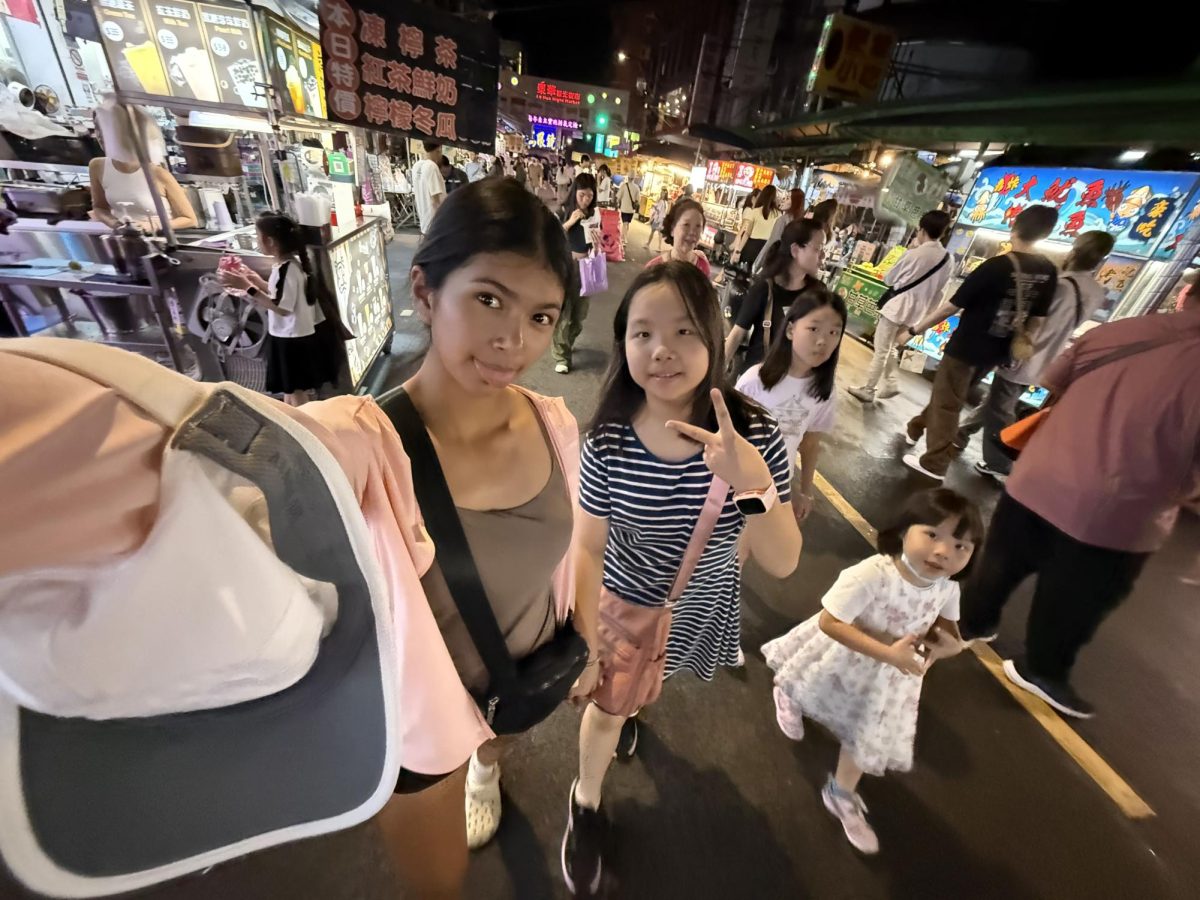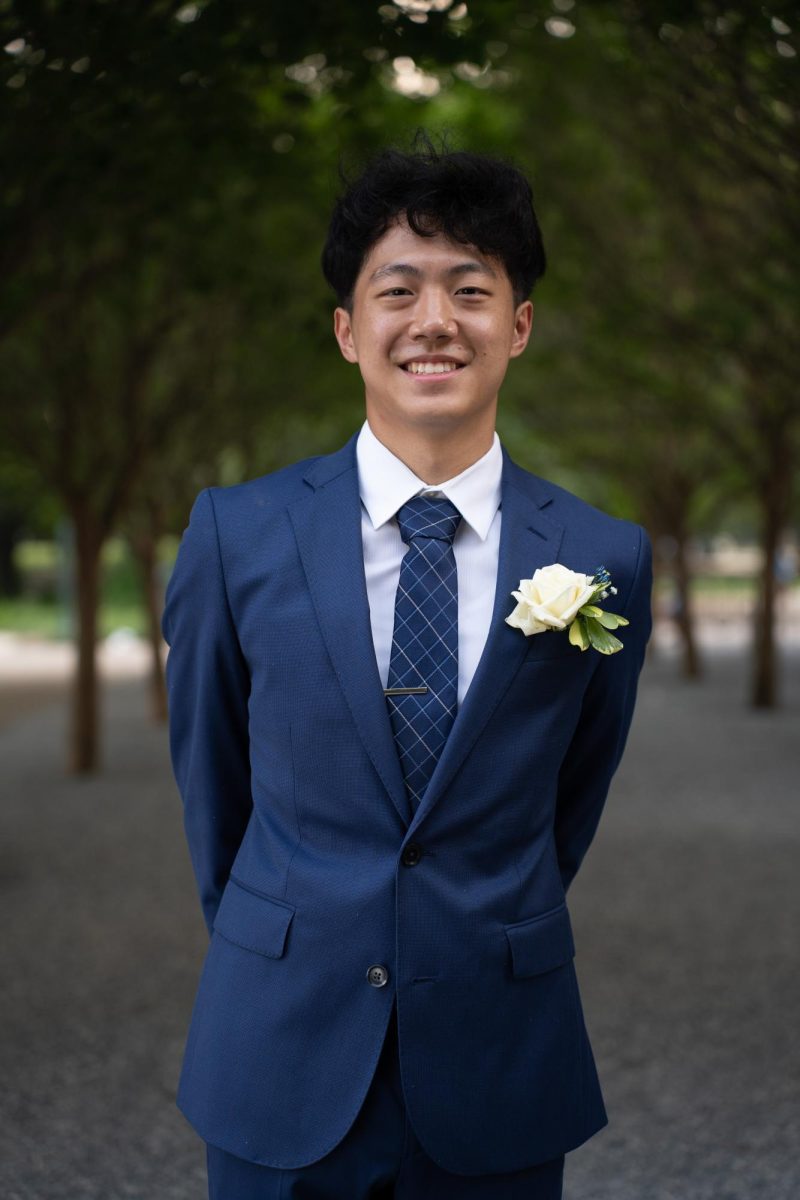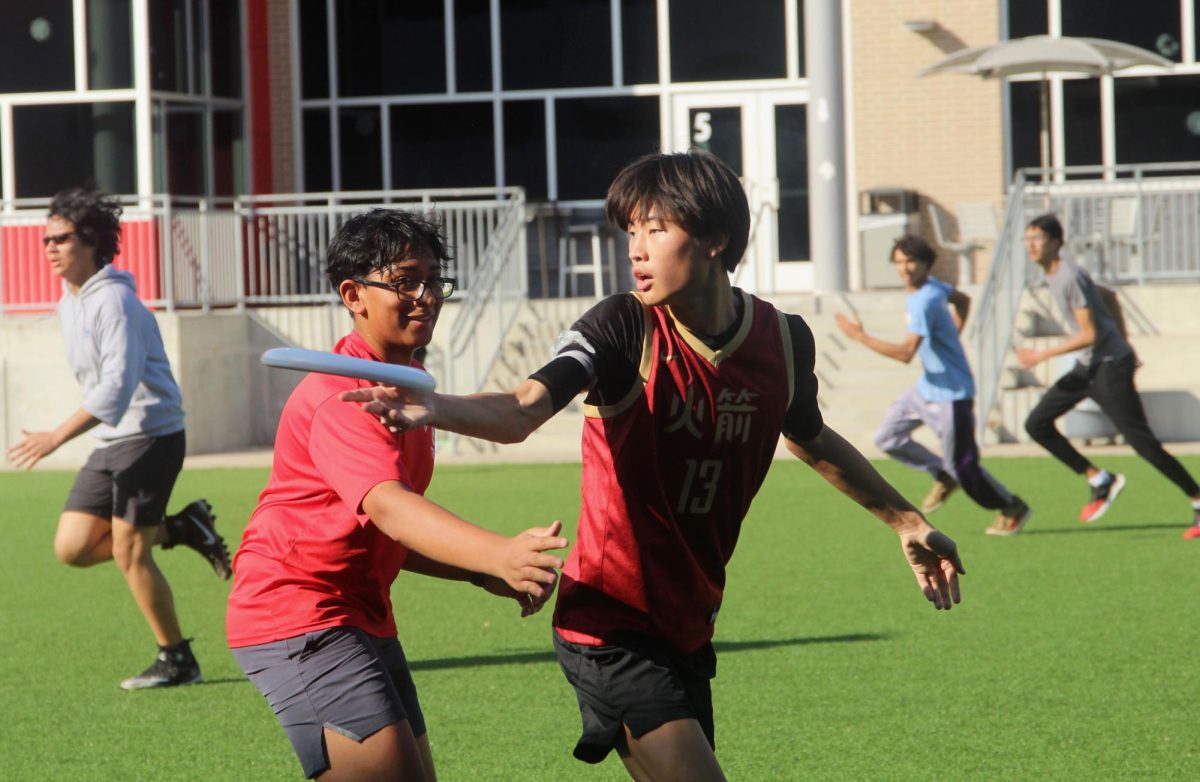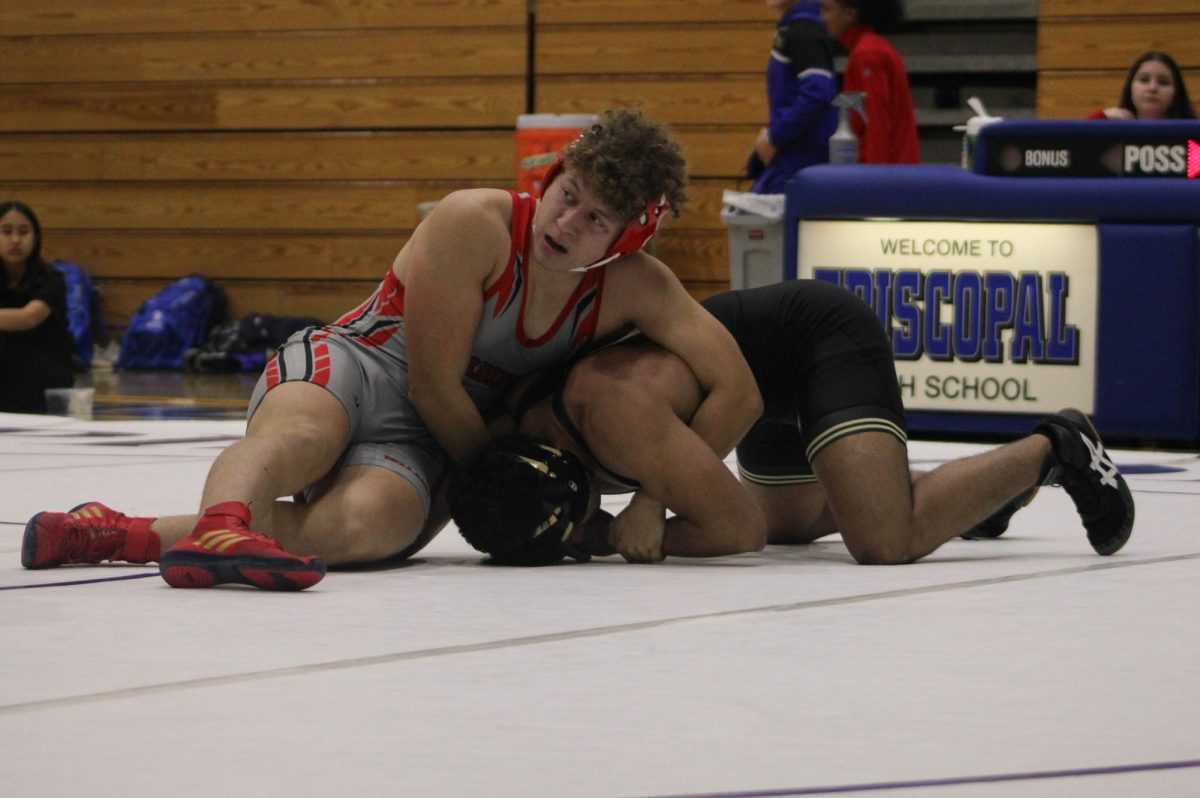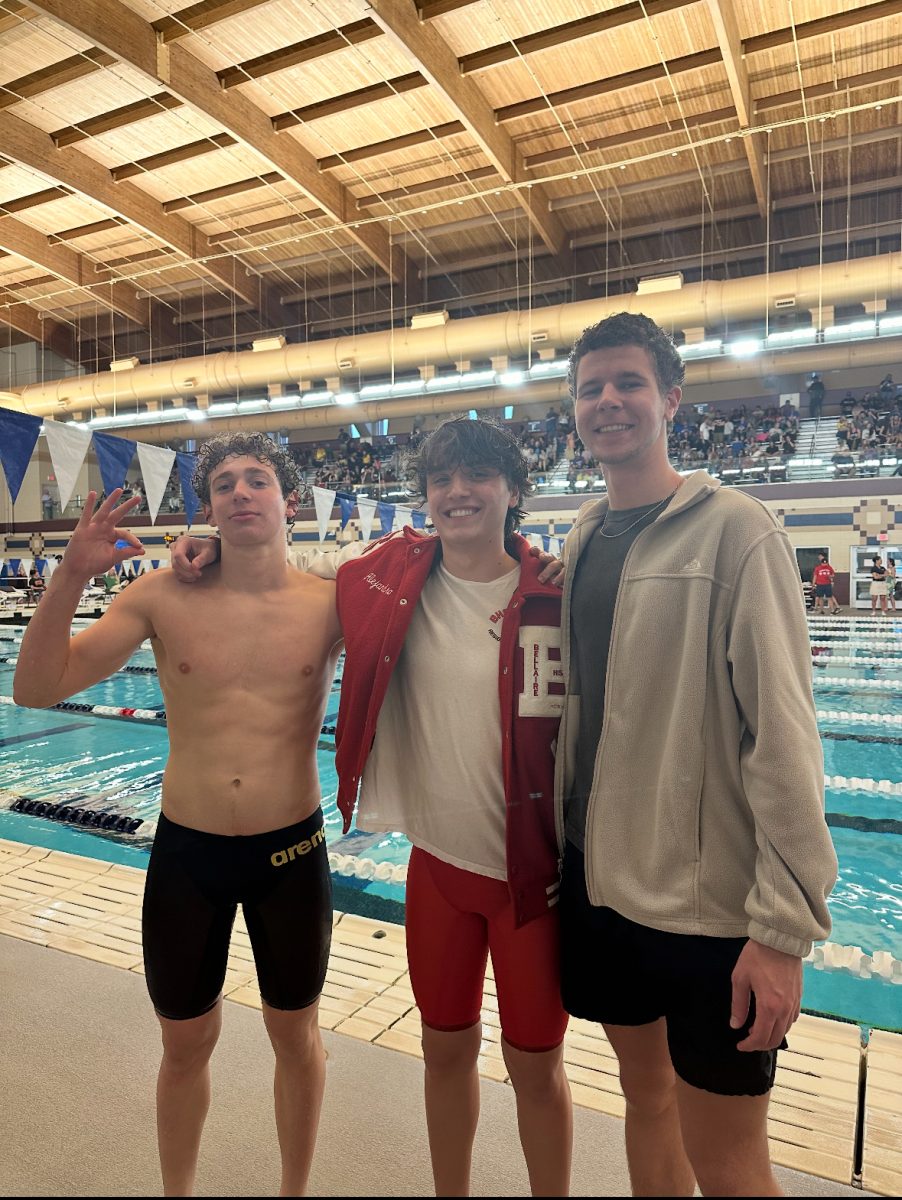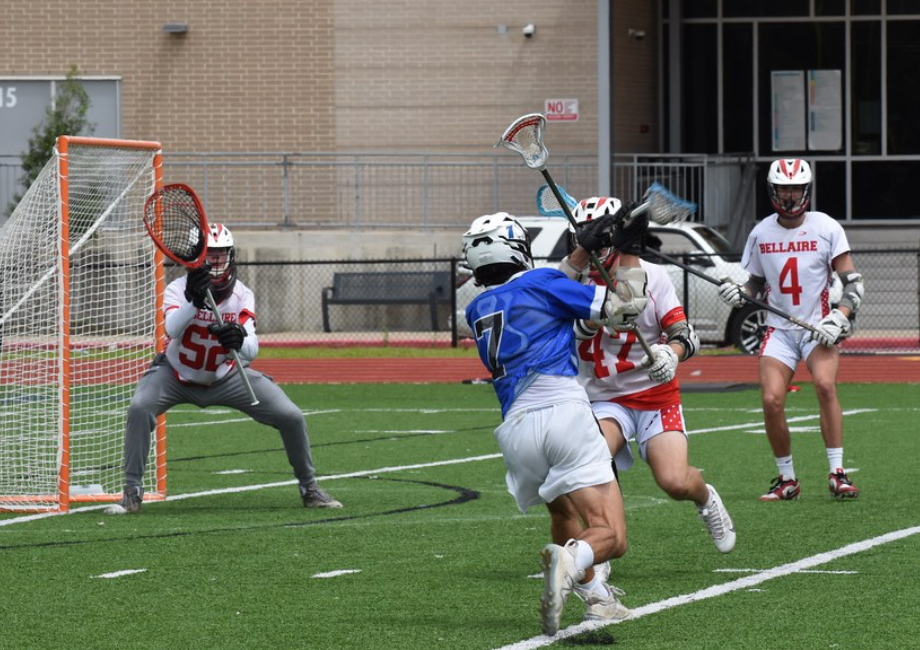“I wish I started psychoanalyzing people sooner because I think it would have made school a lot more entertaining. I don’t know if I had consciousness for those years [without psychoanalysis]. I feel like I was on autopilot most of the time, so I [ended up with] 60 to 80 absences [in classes like Latin].
Summer before senior year, I saw a TikTok video about a system called socionics, [which goes] into detail about cognitive functions and personality types. I decided to go study that a little bit because it was very peculiar and I’m primed to act on impulse. I typed myself first and it was unsettlingly accurate, so then I started experimenting on other people. When I first meet a person, I try to figure out if they display any sort of uninhibited behavior or displacement from the psyche. Once I verify that they have peculiar tendencies, I’ll start psychoanalyzing them and trying to predict their behaviors. I’ve sent people essays of their description, and I always get pretty good feedback, so I think I’m on the right track.
[Even before I learned about socionics], I knew that there were certain patterns and similarities that I could pick out [in people], so I was trying to figure out the correlations and the structures of how [people] behave. I had the base idea down, but I couldn’t piece them together properly, until I discovered socionics. It’s based on cognitive science and actual psychology, but it’s still pseudoscience so it’s not completely concrete yet or proven. There are going to be some people that just don’t fit into the structure. I believe in it, though.
[Usually], I like to have my phone with me, and I’ll start a new notes page when I meet new unusual people. I’ll observe [people] for a little bit. They’re all my friends, so it’s not creepy. After a bit of observation, I’ll type them, and then I’ll send their typology description to them. If they say it’s accurate, that counts as a win to me. I’m on a 26 person win streak right now, but over the course of this year, I have psychoanalyzed 44 people.
[Socionics] has helped me get closer with a lot of [my friends] because of ‘duals’, which are the personality types that would get along best with each other. After I type all my friends, I’ll try to behave more like their duals.
Sometimes, when I send people their [socionic type] descriptions, they’ll have a peculiar reaction, which is very interesting to me. Every time I got a strong reaction out of someone, positive or negative, I felt fulfilled. Over the course of my life, I’ve had premonitions that I liked [provoking people] because whenever I got an extreme reaction out of someone I would feel a little bit happy. Socionics just upped my game. I’ve gotten into plenty of trouble with my friends and teachers [because of my provocation], and I definitely embarrassed myself a lot throughout high school, but I don’t care. I feel that it was fun. [I’m sure that in college], I’ll get more peculiar reactions. I only discovered socionics recently, so my skills are still in development. I just need to max out on my knowledge of socionics and other systems like psychosophy and then I can use it on more people. [I’m going to A&M for statistics], so there’s going to be some interesting new people to psychoanalyze, but I’ll definitely miss all the fascinating people at Bellaire.”


